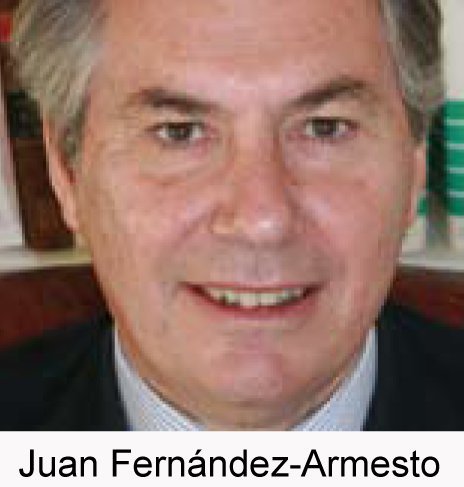Opening up tax arbitration in Portugal – a pioneer regime – Sérvulo
The Portuguese Tax Arbitration Act was recently published, after a draft primed by Gonçalo Leite de Campos, tax partner at Sérvulo & Associados
La introducción del arbitraje para asuntos fiscales en Portugal intenta ofrecer una manera más eficiente de lidiar con el trabajo atrasado de los tribunales, explica Gonçalo Leite de Campos, de Sérvulo & Associados.
The Act is intended to offer taxpayers a faster and more effective means of asserting their rights and dealing with the backlog of tax assessment claims in the Courts, he says. “In effect, the statute sets out that an arbitration decision must be delivered within a maximum of six months from the date of the initial taxpayer request, although this may be extended for additional two month periods up to a maximum of one year.”
The legislation takes into consideration the specificities of tax arbitration, determining that arbitrators must decide cases based on statutory law not equity, while the contentious issue of “non disposability” of taxes has also been settled. “The right to refer to arbitration is perceived as a prerogative of the taxpayer and not at the discretion of the Tax Authorities,” says Gonçalo Leite de Campos. Another important feature of the Act is that it allows taxpayers to present arbitration requests against non final pronouncements. “Upon the commencement of proceedings, the Authorities will be suspended from stating a final tax pronouncement, if not issued before, or commencing enforcement proceedings. This avoids the payment of an illegal tax according to the solve et repete principle.” However by filing an arbitration request, taxpayers automatically give up their right to a common administrative and judicial appeal against the final award, he notes, unless there are distinctly different petitions with different justifications.
Arbitration proceedings may however be conducted under the terms agreed by the arbitrators, who are in principle to be appointed from a given list. Alternatively, the taxpayer may opt for a system in which the parties may choose their own arbitrators, who in turn will appoint a third arbitrator (the president arbitrator), explains Gonçalo Leite de Campos. “This process is yet to be tested, but such an option gives room for the appointment of international experts and even non-lawyer arbitrators.”












